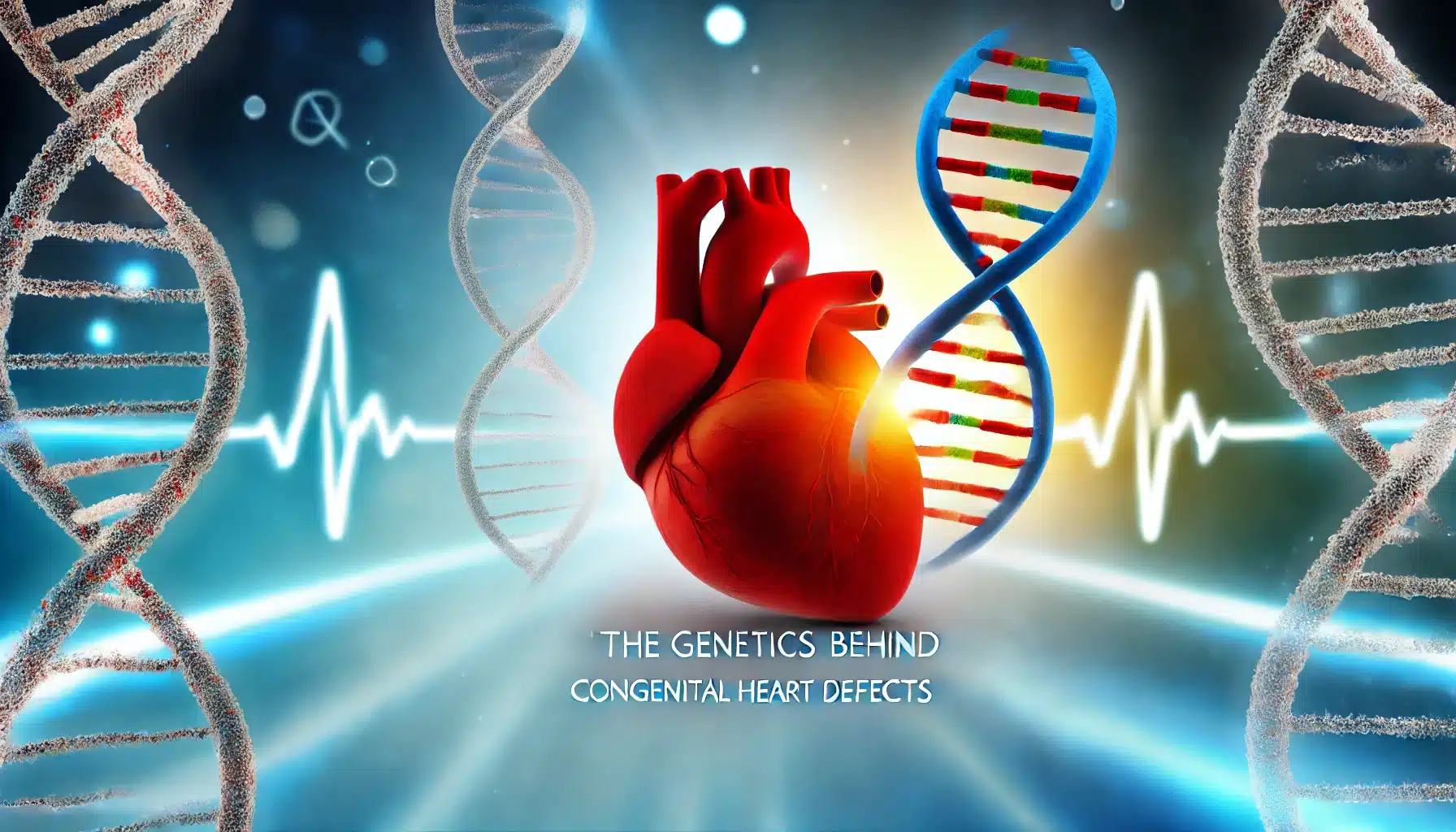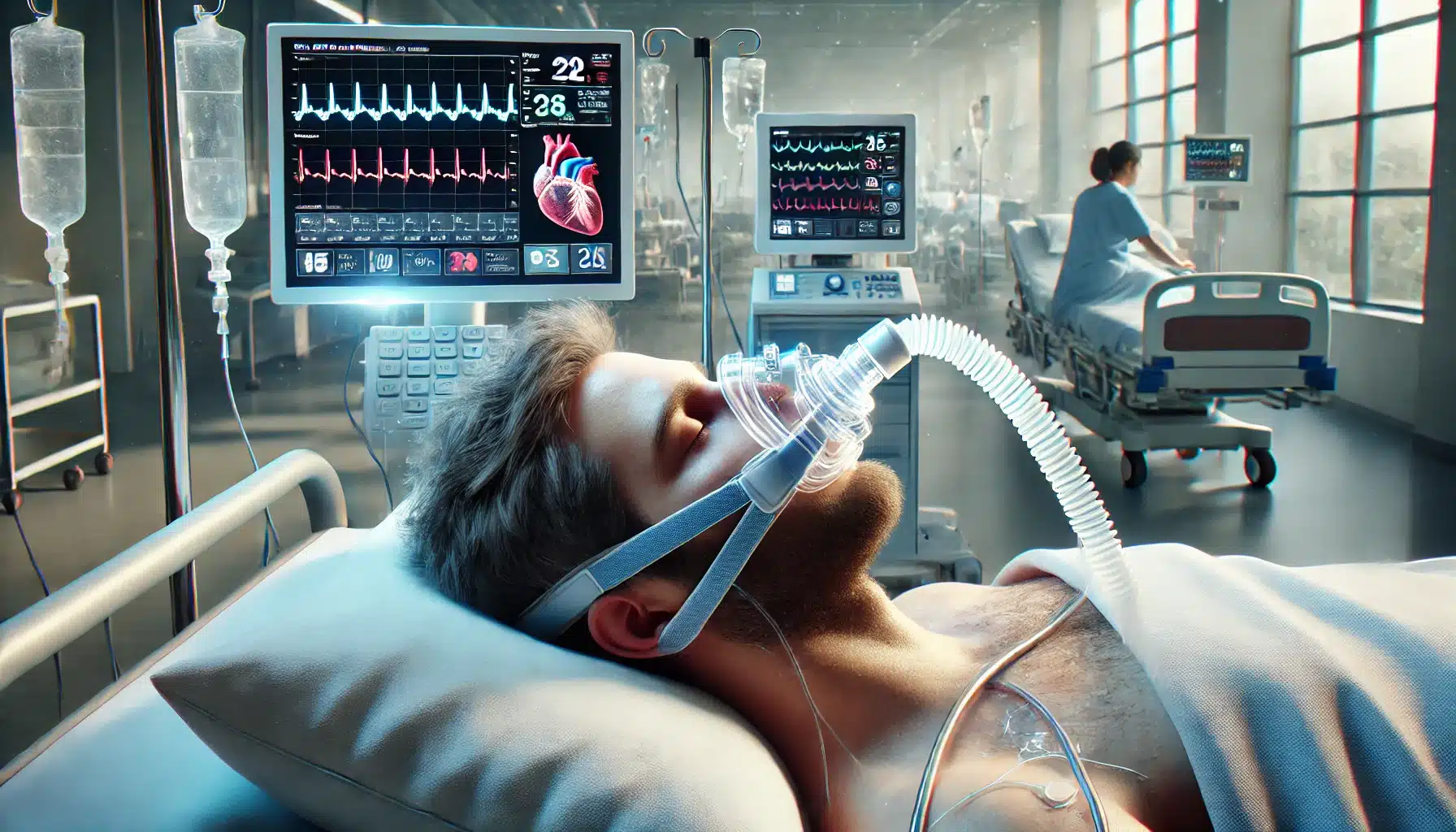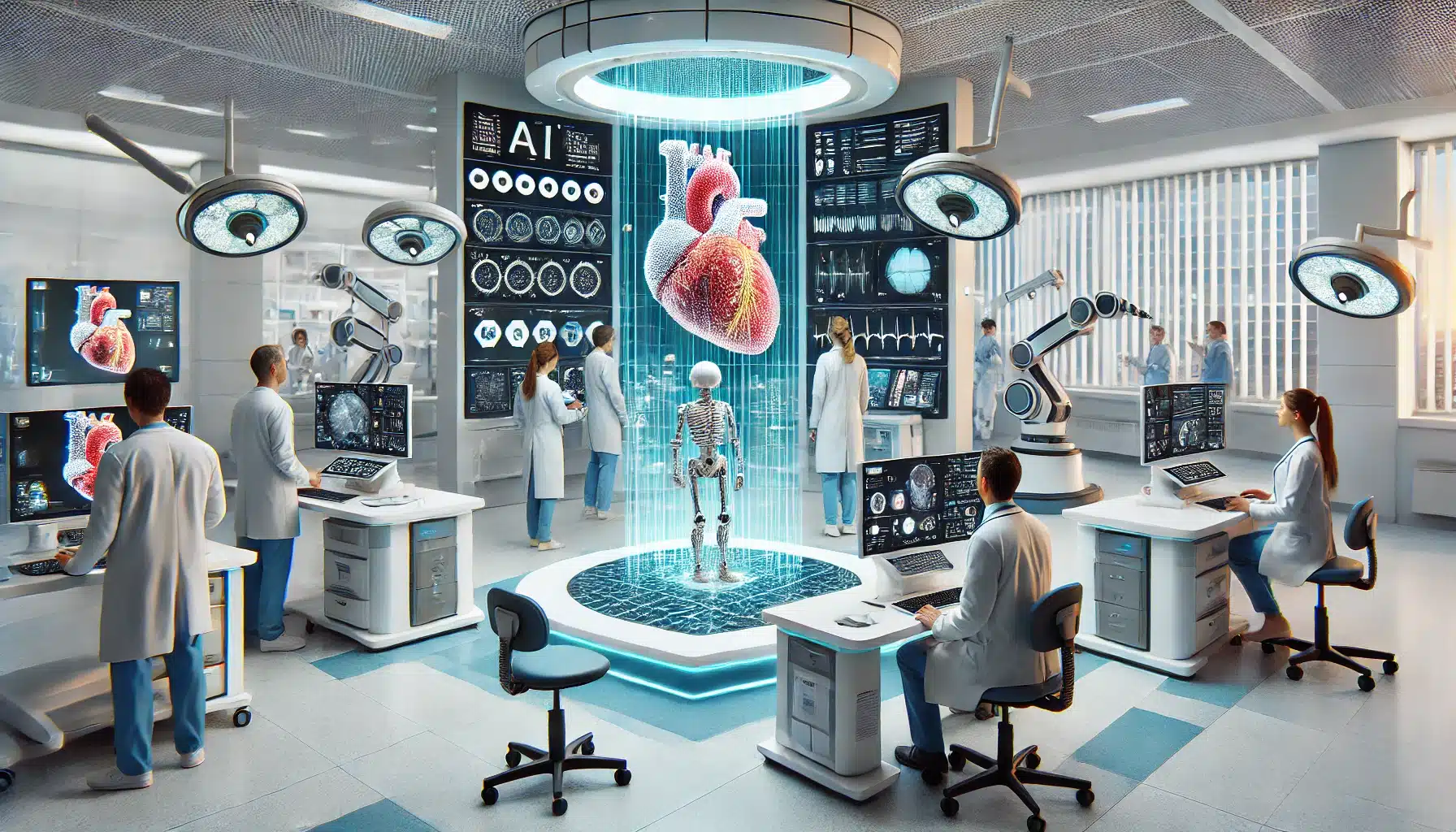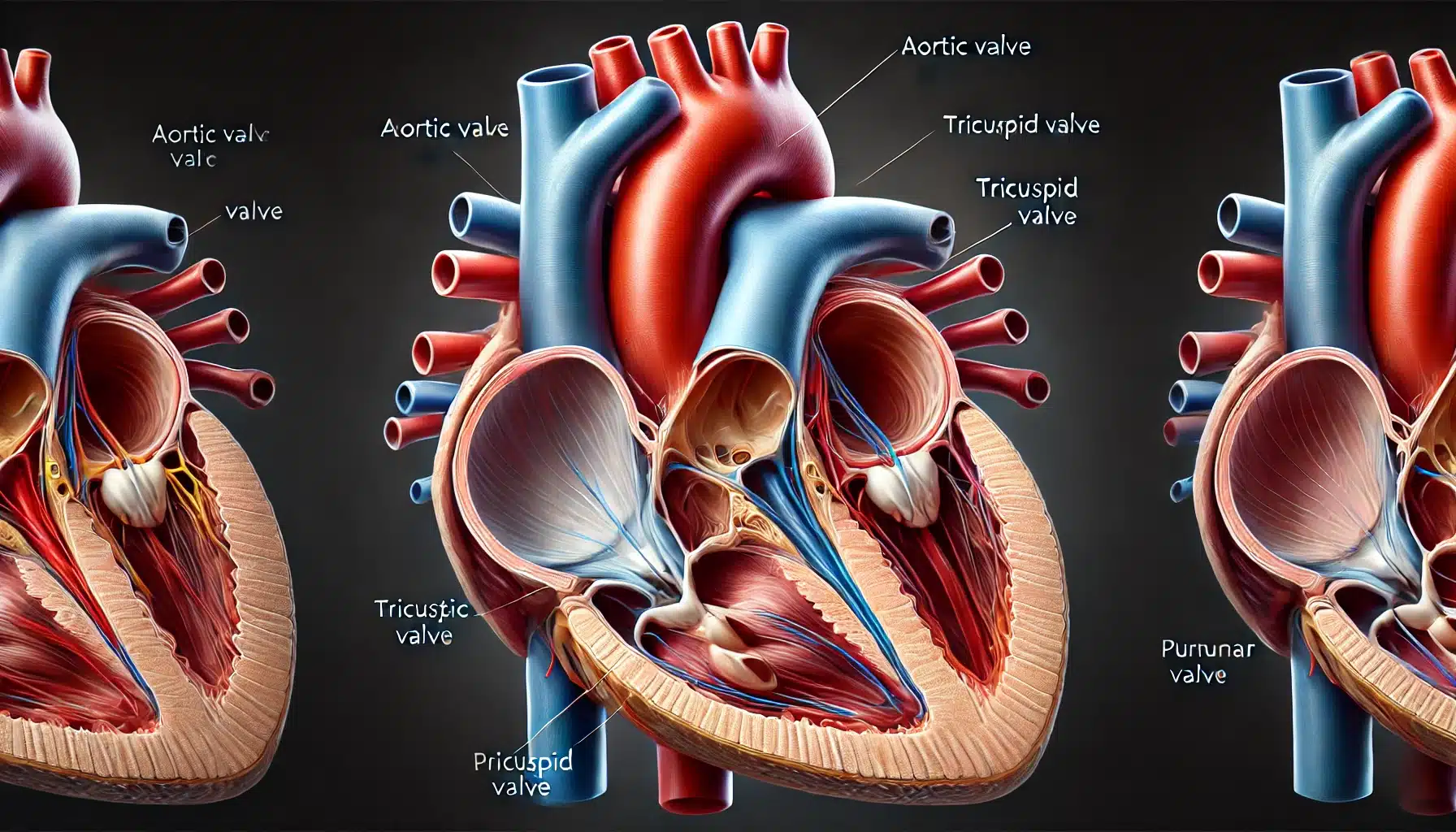Understanding Heart Failure Heart failure is a chronic condition where the heart is unable to pump blood efficiently enough to meet the body’s needs. This can lead to fatigue, shortness of breath, and other serious complications. The condition can affect one or both sides of the heart, and while it often develops gradually, it can also occur suddenly due to …
Read More »The Genetics Behind Congenital Heart Defects
What Are Congenital Heart Defects? Genetics Behind Congenital Heart Defects. Congenital heart defects (CHDs) are structural abnormalities of the heart that are present at birth. These defects can range from simple issues, such as small holes between heart chambers, to severe malformations, such as missing or poorly formed parts of the heart. CHDs are the most common type of birth …
Read More »How Sleep Apnea Affects Heart Failure?
Understanding Sleep Apnea: An Overview How Sleep Apnea Affects Heart Failure? Sleep apnea is a common sleep disorder characterized by repeated interruptions in breathing during sleep. These interruptions, known as apneas, can occur multiple times throughout the night, leading to poor sleep quality and various health complications. There are two primary types of sleep apnea: obstructive sleep apnea (OSA) and …
Read More »Innovations in Treating Pediatric Heart Defects
Introduction to Pediatric Heart Defects Pediatric heart defects, also known as congenital heart defects (CHDs), are structural abnormalities in the heart that are present from birth. These conditions can range from simple defects, such as small holes between heart chambers, to more complex malformations that affect blood flow and heart function. CHDs are the most common type of birth defect, …
Read More »Understanding Heart Valve Disease: Symptoms, Causes, and Treatment Options
Introduction to Heart Valve Disease Overview of Heart Valve Disease Heart valve disease is a condition that affects one or more of the heart’s four valves: the aortic, mitral, tricuspid, and pulmonary valves. These valves play a critical role in controlling the direction and flow of blood through the heart. They ensure that blood moves efficiently from one chamber to …
Read More »




